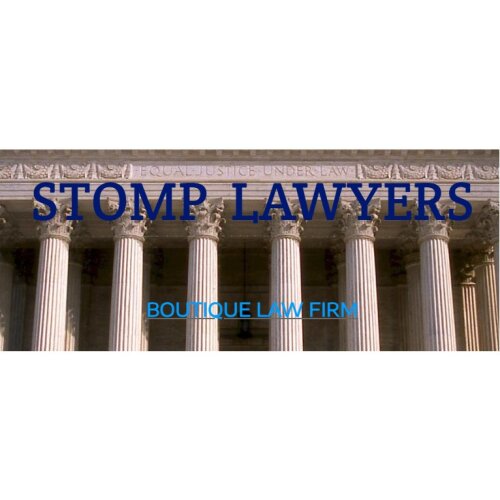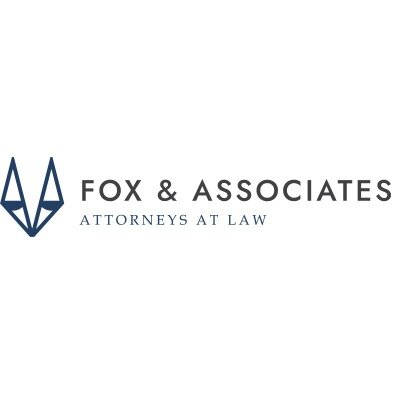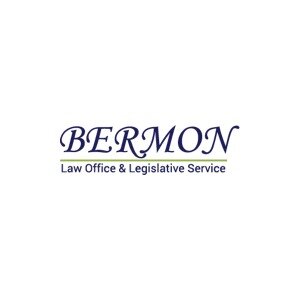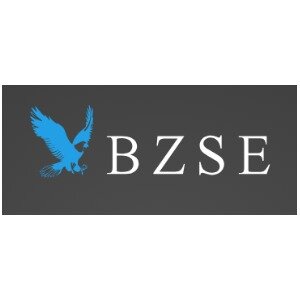Best Sanctions & Export Controls Lawyers in Philipsburg
Share your needs with us, get contacted by law firms.
Free. Takes 2 min.
List of the best lawyers in Philipsburg, Sint Maarten
About Sanctions & Export Controls Law in Philipsburg, Sint Maarten
Sanctions and export controls are important areas of law that impact international trade, financial transactions, and national security. In Philipsburg, Sint Maarten, these laws regulate the import and export of goods, technologies, and services for reasons such as foreign policy, public security, and compliance with international obligations. Sanctions typically include restrictions or prohibitions imposed on individuals, entities, or countries to comply with United Nations Security Council resolutions or the Kingdom of the Netherlands’ policies. Export controls, on the other hand, determine which products and technologies require governmental authorization before leaving or entering Sint Maarten.
Why You May Need a Lawyer
Legal advice in the field of sanctions and export controls is invaluable for businesses and individuals engaged in international transactions or shipping goods across borders. Common situations where legal help is needed include:
- Understanding whether your business activities are subject to existing sanctions or export controls
- Navigating licensing requirements for exporting certain goods or technologies
- Responding to investigations or enforcement actions concerning sanctions violations
- Conducting due diligence on international partners to ensure compliance
- Challenging fines, penalties, or restrictions imposed by authorities
- Advising on compliance programs to prevent inadvertent violations
- Assisting with customs declarations and obtaining the correct permits
Local Laws Overview
Philipsburg, as the capital of Sint Maarten, adheres to a combination of local regulations and broader international commitments as part of the Kingdom of the Netherlands. The enforcement of sanctions and export controls is influenced by:
- Dutch national laws and international treaties that Sint Maarten is bound to follow
- UN Security Council resolutions that require member countries, including the Kingdom of the Netherlands, to impose certain restrictions
- Local customs regulations and the National Ordinance on the Import, Export, and Transit of Goods, which outline licensing and inspection requirements
- Laws that prohibit the trading or transfer of certain goods, such as arms, dual-use items, or technology that may have military applications, without proper authorization
Violations of sanctions and export controls can lead to criminal prosecution, heavy fines, confiscation of goods, and other penalties. It is crucial for anyone involved in cross-border trade or finance to understand these obligations and seek legal guidance when in doubt.
Frequently Asked Questions
What are sanctions and export controls?
Sanctions are legal measures that restrict or prohibit business dealings with specific persons, entities, or countries for reasons such as foreign policy or security. Export controls are regulations governing the international transfer of certain goods, technology, or software.
Who enforces sanctions and export controls in Sint Maarten?
Sanctions and export controls are enforced by the local customs authorities, the Public Prosecutor’s Office, and, when relevant, law enforcement in conjunction with the Kingdom of the Netherlands and international bodies.
Are there specific goods or services subject to export controls in Sint Maarten?
Yes, goods such as weapons, dual-use items, high-performance electronics, encryption software, and certain chemicals are subject to export controls and often require authorization before export.
Do I need a license to export goods from Sint Maarten?
In many cases, yes. Depending on the type of goods and the destination country, you may need to apply for and obtain an export license from the relevant governmental authority.
What happens if I violate sanctions or export control laws?
Violations can result in legal penalties including fines, confiscation of goods, and, in some cases, imprisonment. Companies can also face reputational harm and loss of trading rights.
How do I know if my business partners are subject to sanctions?
Due diligence procedures are necessary. You should consult up-to-date sanction lists published by the United Nations and the Kingdom of the Netherlands, and seek legal advice for proper vetting.
Can a lawyer help me challenge a fine or penalty imposed for export violations?
Yes, a qualified lawyer can review the circumstances, advise on your options, and represent you in proceedings to contest fines, penalties, or other enforcement actions.
Are there exceptions or exemptions to export controls?
Certain goods and transactions may qualify for exemptions or simplified procedures, but these need to be evaluated on a case-by-case basis. Legal counsel can help determine your eligibility.
What documentation is required for lawful exports?
Required documents commonly include commercial invoices, export licenses, end-user certificates, and customs declarations. The exact requirements depend on the nature of the goods and destination.
Does Sint Maarten participate in international efforts to prevent money laundering and terrorism financing through trade?
Yes, Sint Maarten is committed to international conventions and standards regarding anti-money laundering and counter-terrorism financing, which intersect with sanctions and export control enforcement.
Additional Resources
To deepen your understanding or obtain official guidance, contact these organizations:
- Customs Department of Sint Maarten - for import and export permit information
- Public Prosecutor’s Office - for enforcement policies and legal proceedings
- Ministry of Justice of Sint Maarten - for regulations and compliance advice
- Embassies and consulates for country-specific restrictions and assistance
- Legal aid organizations that can provide guidance or referrals
Next Steps
If you need legal assistance with sanctions or export controls in Philipsburg, Sint Maarten, start by gathering all relevant documentation related to your business or transaction. Contact a lawyer experienced in international trade, customs law, or economic sanctions. Explain your situation clearly and ask for a comprehensive compliance review. A legal professional can guide you through the permit process, help ensure your business meets all legal requirements, and represent you in disputes or enforcement actions. Acting early can often prevent serious legal and financial consequences.
Lawzana helps you find the best lawyers and law firms in Philipsburg through a curated and pre-screened list of qualified legal professionals. Our platform offers rankings and detailed profiles of attorneys and law firms, allowing you to compare based on practice areas, including Sanctions & Export Controls, experience, and client feedback.
Each profile includes a description of the firm's areas of practice, client reviews, team members and partners, year of establishment, spoken languages, office locations, contact information, social media presence, and any published articles or resources. Most firms on our platform speak English and are experienced in both local and international legal matters.
Get a quote from top-rated law firms in Philipsburg, Sint Maarten — quickly, securely, and without unnecessary hassle.
Disclaimer:
The information provided on this page is for general informational purposes only and does not constitute legal advice. While we strive to ensure the accuracy and relevance of the content, legal information may change over time, and interpretations of the law can vary. You should always consult with a qualified legal professional for advice specific to your situation.
We disclaim all liability for actions taken or not taken based on the content of this page. If you believe any information is incorrect or outdated, please contact us, and we will review and update it where appropriate.












